Sorry, this entry is only available in French.
Annicka is a budding artist. Urged by her desire to understand, to capture and to free herself from society’s constraints, she explores the processes of life and learning through her art. In all humility, she unveils and questions the daily things that are often taken for granted: the inexorable passing of time, the expectations of our communities, the circular nature of love, the mechanisms of modern life.
Daughter of artists, with the head always in another world, Annicka evades “normality” and passive living. In her work, she tries to foray a path outside the everydayness of living in order to encounter the very essence of life and transformation.
Born in Mauritius in 1985, Azim Moollan is director of photography on shooting sets, artistic photographer during his free time, wannabe poet in real life, and apprentice-artist in his dreams.
In 2014, he takes part in Ile Courts Festival’s animation workshop Dessine-moi un Court (Draw me a Short). At the end of this artistic residency, his project Rod Zegwi dan Pikan is selected to be produced by Porteurs d’Images association within the framework of the 2015 Film Fabrik program.
I was born in 1974 in Clermont-Ferrand. Father of 13-month-old twin girls. I have an educational background in law.
Before the Clermont-Ferrand Festival, I worked for the film library of the same city, and I was the founder of comme une image, an audiovisual communications and advertisement society. I have also collaborated with the Vidéoformes Festival for many years. And I’ve been a handball coach for three years… as there’s more to life than just cinema. My involvement with Clermont-Ferrand Festival dates for more than 10 years, and I’ve been active with Sauve Qui Peut le Court Métrage for five years. I manage the audiences (welcoming people, overseeing the ticket office, accommodating new audiences) and am in charge of curating our « Regards d’Afrique »/”Views from Africa” and youth programs. I’m also on the national selection board for French films since 5 years now. My involvement is also in the strategic regionalisation of cinema (eg: with the post-festival Public’s Choice screenings) and with the « Passeurs d’images » project aimed at low-income and “difficult” neighbourhoods.
After studies at the IDHEC, Chantal Richard directs as many fiction films as documentaries. Each genre helps enrich the other, and their makings are opportunities for both literal and metaphorical travelling. Her first feature-length work, Lili et le baobab, with Roman Bohringer, took her to Senegal and Cherbourg. Whether it is in faraway countries or the Lower Normandy of her childhood, her camera likes taking its time to scrutinize the world.
She is currently working on the script of a fiction film, Le monde de Pascal, which has for setting the wooded countryside of Normandy, and is preparing a documentary entitled La ville idéale and which will take her to South Korea.
David Constantin lives and works in Mauritius. After studying cinematography in France for 5 years, he settled back in Mauritius in 2003. This same year David directed and produced the short film Colas and Diego the Forbidden. Since then, he directed several films (short fiction and documentaries), such as Bisanvil (Audience Award in Amiens), Les Accords de Bella et Made in Mauritius (Fondation Pellegrini Award, Milan). He also co-directed From so Far, a series of 4 documentaries on the various origins of the Mauritian population.
In 2004, David Constantin founded the production company Caméléon Production. He is also the founder of the non-profit organization Porteurs d’Images, that has been co-organizing Île Courts-International Short Film Festival in Mauritius since 2007.
His first feature film, Lonbraz Kann, came out in theaters in 2015.
A genuine wandering soul, brought up on three continents, the young director Damien Dittberner finally puts down his suitcase for good in Mauritius. Born in 1984 in Brussels, he grows up in Washington, all the while never losing sight of his ancestral island of Mauritius.
After studying Journalism and Communications at the University of Delaware and then moving to the Czech Republic to enroll in the Prague Film School, Damien joins the audiovisual scene in New York. This experience allows him to rub shoulders with highly-experienced directors and cameramen along a variety of projects: short and feature-length films, commercials, videoclips. It’s in 2011 that Damien decides to move to Mauritius, where he has set up his own production house, Mocean Film, where he is producer, director and editor.
In 2014, Damien takes part in the scriptwriting workshop Écrire Court of Île Courts Festival. At the end of this artistic residency, his project is selected to be produced by the association Porteurs d’Images within its 2015 Film Fabrik program. So, that year, Damien shoots his first short fiction film, Boutik, and a documentary about the island.
Doushan Sewtohul has been an artist for more than 15 years. Passionate about all kinds of arts, he has always been on the lookout for new creative fields. Talented, he has received numerous prizes at painting, design and music contests. Today, he has turned to filmmaking so as to participate in the development of a high-quality local cinema industry.
Born in Mauritius in 1990, Jon Rabaud is a director. Influenced by American, French, Scandinavian and Japanese cinema, it’s in Montreal (Canada) that he takes official film classes and shoots his first short fiction piece, Cold Blooded, in 2011. It is screened the very same year at the Ile Courts – Short Film Festival of Mauritius. He also participates in the festival’s workshop Écrire court, where he drafts his second script, La Rencontre, which is shot the following year.
A psychological thriller, it is screened at the opening of Ile Courts in 2012 before embarking upon an international journey, visiting the 24th Carthage Film Festival (Tunisia) in 2012, the 35th Clermont-Ferrand Film Festival (France) in 2013, the 66th Cannes Film Festival (France), the 34th Durban Film Festival (South Africa) and the 20th International Film Festival of Africa and the FIFAI Islands (Reunion Island). The film will also be screened outside the framework of festivals in Germany and, again, in France. After La Rencontre, Jon Rabaud makes two other short films, Waiting and It’s not a Joke, presented at Ile Courts as well in 2014 and 2015.
In 2014, he shoots Carton Rouge, which also ends up being screened at Ile Courts in addition to the International Film Festival of Zanzibar (2015), the Seoul Short Film Festival (South Korea) and the Split Film Festival (Croatia).
After studies in cultural mediation in Brussels, Katia Bayer collaborates for many years with Cinergie, an online Belgian film magazine. In 2009, she sets up Format Court (www.formatcourt.com), an online magazine dedicated to international short films, of which she is the editor-in-chief.
For three years now, she has been organizing and hosting Format Court screenings at the Studio des Ursulines, an independent Parisian theatre. Affiliated with the UPCB (Union de la Presse Cinématographique Belge), she is also a member of the pre-selection committee for short and animated films of the Académie des César.
Born in 1962, Krishna Luchoomun is an artist and filmmaker. He has produced a documentary series, narrative films and experimental films.
The ‘Cinéma d’animation’ workshop is offered by lakazanimé is provided by two instructors :
– Anaïs Belloni, Audiovisual degree holder (advanced technician certificate of CADASE, Toulon, France), has studied the technics of script writing, filming and editing,
– Nicolas Belloni, DNSEP degree holder with the congratulations of the jury from the school of Fine arts of Toulon, France, has studied visual art techniques, animation (stop motion) and video. He is a plastician and has exhibited at the Art Gallery Hélène de Senneville and also the Bridge Festiva in Mauritius.
We have been instructors for four and nine years respectively for the Yenamart association (France) for which we have directed our workshops « Cinéma d’animation » in different institutions such as primary schools, colleges, outdoor centres and holiday clubs.
The workshop « Cinéma d’animation » consists in showing to the children how to direct their own animation film by going through different steps :
– choosing the story, writing their script and creating the story board,
– creating the film set and the characters needed by using different visual art techniques (drawing, painting, plasticine…etc),
– animating the characters by following the image clipping (story board),
– sound dubbingof characters if there is any dialogues,
– editing (this part however is rarely done by the children because of the complexity of the programs).
This workshop helps the children to create stories by using materials that are within their reach and at the same time teaches them the difficulties to comme to animated images.
Each participant receives an email containing theirs work and those are available on Youtube and on our Facebook page.
The Film director, producer and General director of festival Laza Razanajatovo, studied cinema in Paris (la Fémis, ESEC). In 2006, he created the festival Les Rencontres du Film Court de Madagascar with the support of the Institut Français, the film festival of Madagascar. He encourages with his activism the projects of a quantity of of young aspiring directors. Since 2006, he is based in Antananarivo where he directs and produces most of his films with the production Company Rozifilms.
Nadia Ben Rachid has been a head film editor for more than 25 years. Known for both her work on fiction films and documentaries, she has won multiple international awards, including the 1st Final Cut Prize at the Venice Film Festival in 2013 for Le Challat de Tunis of Kaouther Ben Hanier.
Nadia Ben Rachid started her career as assistant editor to Hervé Deluze, Sam O’Steen and Yves Deschamps. This made her have hands-on learning experience with filmmakers like Roman Polanski (Pirates, Bitter Moon, Frantic), Henri Verneuil (Les Morfalous), Caude Berri (Uranus and Germinal), Agnieska Holland and Roland Joffé.
These days, she is the regular head editor of Abderrahmane Sissako’s films, for example for Timbuktu, which received the 2015 César for best editing, La Vie sur Terre (Best Editing at the 1999 FESPACO), En attendant le bonheur (2002) and Bamako (2006). She also now has to her credit many films of Anne Aghion (My Neigbour, My Killer), Yamina Benguigui (Incha’allah Dimanche, Aïcha ) and other first-rate directors.
In 2007, with Ezra, Newton I Aduaka won the Etalon d’or de Yennenga at the 20th edition of FESPACO. Premiering in competition at the Sundance film festival, it was nominated for the Humanitas Prize, screened at the Critics’ Week in Cannes and was awarded the United Nation’s prize for Peace and Tolerance and various other awards, including 6 grand jury prizes. In 2008 Aduaka was invited to speak at TED. Prior, in 2001 his multi-award winning indie film debut feature, Rage, was released nation-wide in the UK to critical acclaim. A recipient of the Carlton television multicultural award, Ford Foundation grantee, Newton was Filmmaker in Residence at the Cinéfondation and writer in residence at The Moulin d’Ande.
He was commissioned by the Society of French Directors (SRF) and Quinzaine des Réalisateurs to make a short film on “Cinema and Globalization”. The result was Funeral. His short films, have screened, in official competition and won awards at numerous film festivals such as the Mostra de Venise, Oberhausen film festival, Claremont Ferrand Intl. film festival, Uppsala Intl. short film festival. One Man’s Show, his third feature opened at Fespaco 2013, winning the Critics’ Prize. The film had its US premier at the Mill Valley Film festival. Aduaka lives in Paris.
After a Masters degree in Chinese, Renaud Cohen joins the Parisian film school of Fémis, from where he obtains another degree in 1992. While a film student, he shoots his first narrative short film, Réflexions d’un garçon, which wins numerous prizes. He then works on multiple documentaries, including Bienvenue au village modèle (2006), Les Petits Pains du Peuple (1999), L’Hôtel des Réfugiés (1999), Le Maître des Singes (1996) and Porteurs d’ombres électriques (1993).
In 1998, he wins an scriptwriting residency at the Villa Médicis. A fan of burlesque, Renaud Cohen cites Woody Allen, Nanni Moretti, Ernest Lubitsch and Charlie Chaplin as key influences. In 2000, Renaud Cohen releases his first feature-length film, Quand on sera grand, which is selected at the San Sebastian Festival and the Premiers Plans Festival of Angers.
Eleven years later, he makes a comeback to the big screen with Au cas où je n’aurais pas la palme d’or, a comedy about a 40-something filmmaker who, discovering that he has a potentially terminal illness, decides to put his everything into the shooting of what might be his very last film.
Sandeep Mane, the film director, was born in Dapoli, a village in Maharashtra. He perceived his Master’s Degree in drama by entering into a reputed theatre institute, Lalit kala Kendra, Pune University. During this period he worked along with some prominent theatre personalities and got opportunities of studying various art forms. After finishing it, He invested his time in acting in many plays and also assisting on a few of the short films. For experimental theatre he directed and acted in Girish Karnard’s famous play, “HAYVADANA” under his own production house called ‘Curtain Call’.
In 2013 under the same production house he written & directed “Red History”, a short film.”RED HISTORY” Won Best Music Award in 3rd my Mumbai short film festival 2014. Recently he written & directed “PAANDHRYA”, a short film. .
Sitraka Randriamahaly, young Malagasy filmmaker, developed an interest in animation very early on. A lover of the graphic arts in general, he took drawing and painting courses at the German-Malagasy Circle (Goethe Zentrum) as a teenager, but it’s only after his university studies that he decided to launch himself into animated filmmaking.
Like most Malagasy animation artists, he started off as self-taught, learning through creating, enriched by workshops, exchanges, residencies and short-term programs lasting a few days to months each (Fontevraud, ILOI, EMCA, Les Gobelins…)
Sitraka Randriamahaly has many films to his credit, from « sokaky (the tortoise) » in 2009 to « rough life » in 2015, which received the prize for best pan-African animation at the 10th Rencontres du Film Court de Madagascar (Meetings of Short Films of Madagascar). Some of his work has been showcased at larger festivals like the FESPACO or Annecy. In general, his films tell short, simple and oftentimes poetic stories, but above everything else, they tell his own life story about the world in which he lives and dreams.
Sophie is from Mauritius and studied law in England. While working in the City of London, she obtained an MA in Film Culture and Industry (with Distinction) from the University of Westminster. Her penchant for writing led her to pursue several script workshops, in particular at the Script Factory in London. She has also participated in acting workshops and assisted at the Raindance Film Festival.
Back home, Sophie was selected to participate in the scriptwriting workshop at the Festival île Courts (2012), following which she directed The English Lesson, her first film.
Involving herself further in the domain of film, she joined the team of the Mauritius feature film Lonbraz Kann (2013) and was responsible among other duties for casting extras.
In 2014, Sophie takes part in the scriptwriting workshop at the heart of Île Courts Festival and, the following year, she shoots the short film Phone Connection. Sophie continues to pursue her writing and is developing various projects.
Tim Skousen has won multiple awards as scriptwriter and director, notably at the prestigious Cannes Lions International Festival of Creativity in 2009 for his documentary series about football in schools.
His first feature film, The Sasquatch Gang, won him the audience award at the Slamdance Festival as well as the title of best director at the 2006 Comedy Arts Festival in Aspen. His second feature-length production, Zero Percent, received numerous festivals prizes as well, including that for best documentary at Las Vegas, Urbanworld, Breckenridge, Vail, Arlington and Ojai Film, in addition to the Silver Heart Award at the Dallas International Film Festival.
His latest film, Thunder Broke the Heavens (2015), was showcased in various festivals. Holder of a BFA in Film from Brigham Young University, Tim Skousen grew up in the US, the Bahamas, Chile and the UK. He currently lives in Utah, in the US itself.
Paying keen attention to the development of the film education of our youth (children, teenagers, students), Île Courts Festival 2015 offers youth workshops that hope to implant the love for cinema and nurture budding talents.
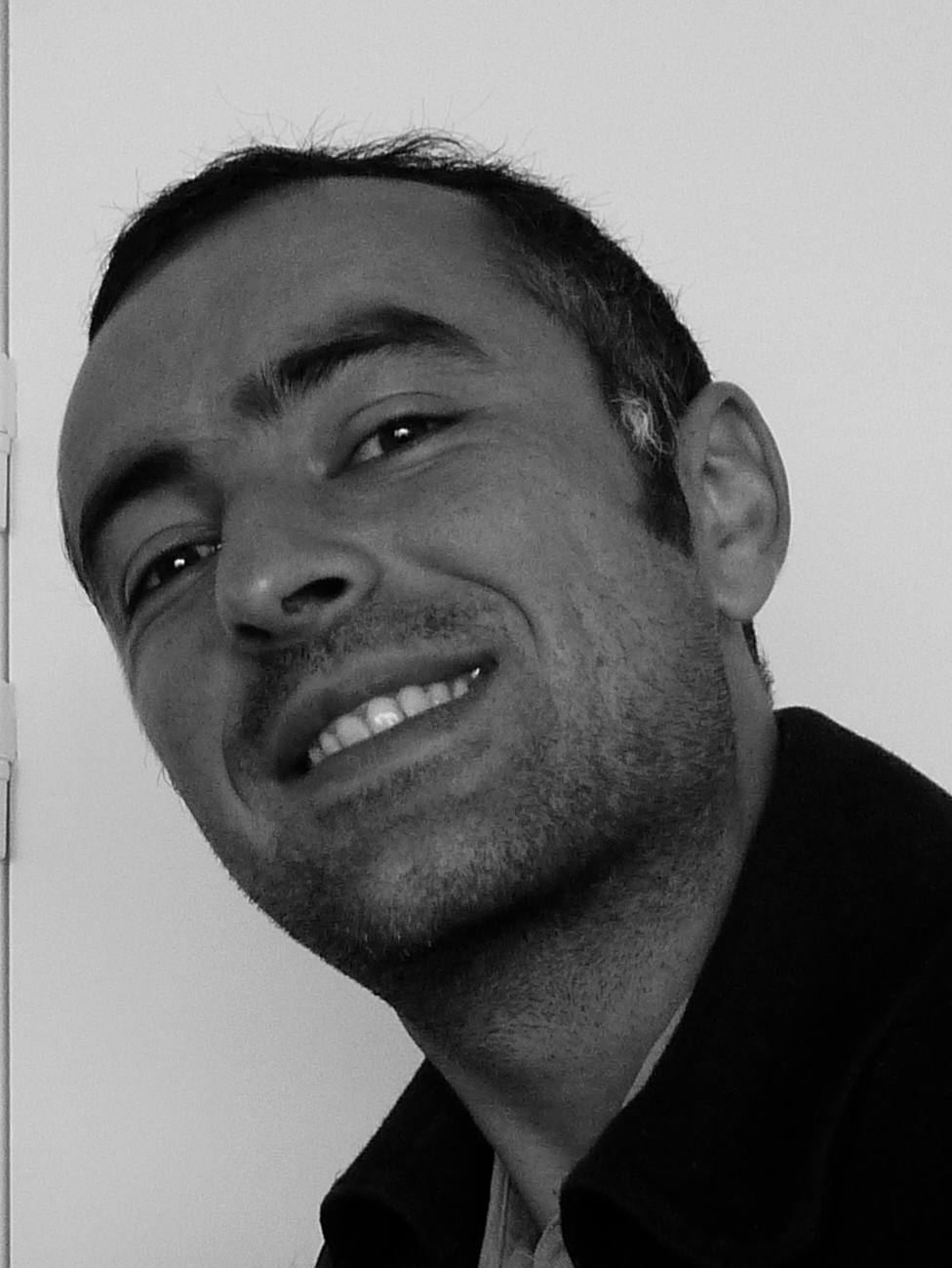 How is a film program compiled? Why do we like a film? What film(s) to target to what audience(s)? How to captivate your public? The students of the Film Studies elective at the Lycée des Mascareignes will put their heads together to curate a program of short films that will be showcased at a special screening in 2016.
How is a film program compiled? Why do we like a film? What film(s) to target to what audience(s)? How to captivate your public? The students of the Film Studies elective at the Lycée des Mascareignes will put their heads together to curate a program of short films that will be showcased at a special screening in 2016.
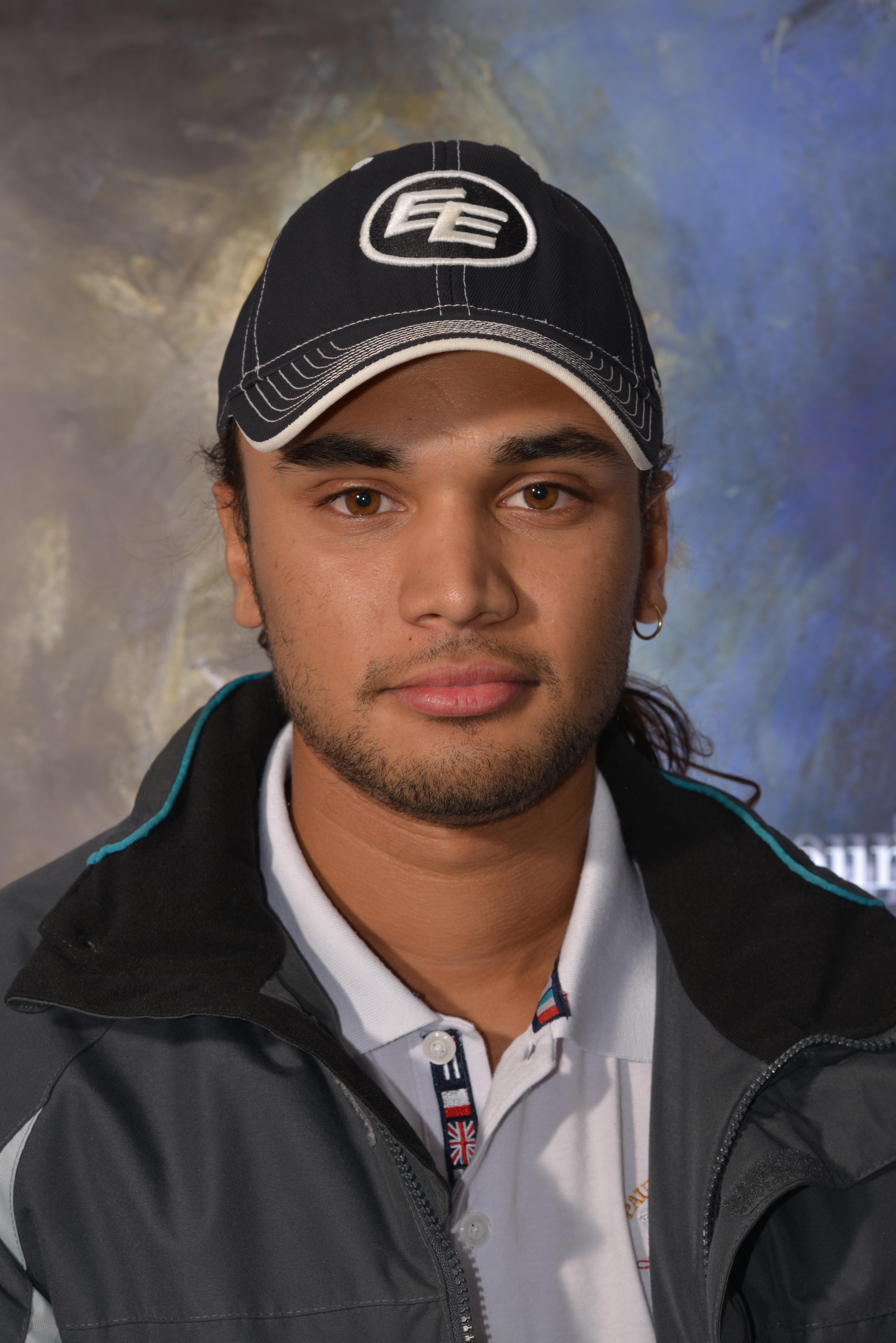 Take 6 budding directors from the Indian Ocean region selected through the EcoClip contest, award them a workshop of collaborative directing under the patronage of Jon Rabaud, let them work relentlessly over five days, and you get a short Indian Oceanic film dealing artistically with the pressing topic of sustainable development.
Take 6 budding directors from the Indian Ocean region selected through the EcoClip contest, award them a workshop of collaborative directing under the patronage of Jon Rabaud, let them work relentlessly over five days, and you get a short Indian Oceanic film dealing artistically with the pressing topic of sustainable development.
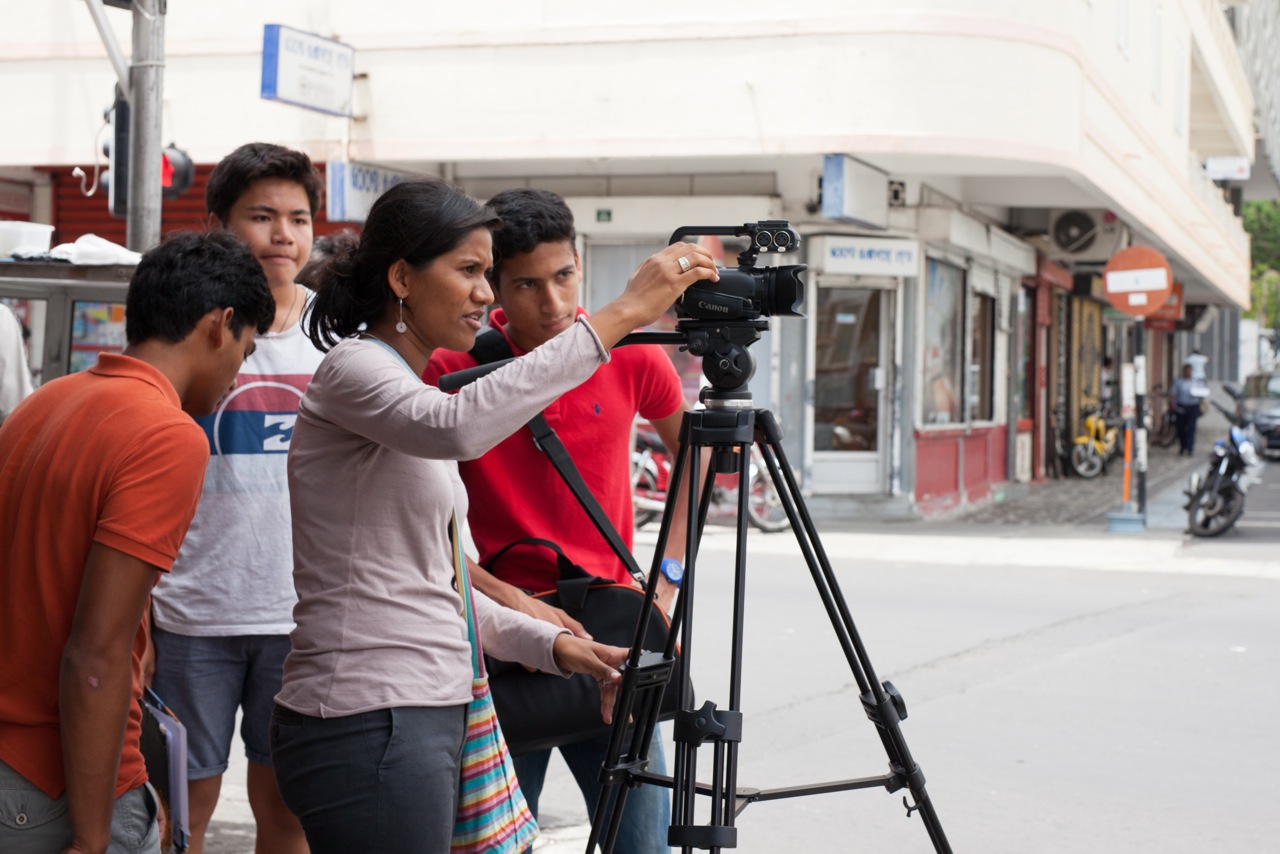 In order to create a film collection about the towns and cities of the Indian Ocean, and after a project about Port-Louis in 2014 and its port in 2015, Ile Courts Festival this time asks their guests to cast their artistic gaze on the town of Beau-Bassin/Rose-Hill. Free reign is given to form, the only constraint being that the final film must be soundless. Each director will be accompanied on his trip around town by the students of the Film Studies (elective) stream of the Lycée des Mascareignes.
In order to create a film collection about the towns and cities of the Indian Ocean, and after a project about Port-Louis in 2014 and its port in 2015, Ile Courts Festival this time asks their guests to cast their artistic gaze on the town of Beau-Bassin/Rose-Hill. Free reign is given to form, the only constraint being that the final film must be soundless. Each director will be accompanied on his trip around town by the students of the Film Studies (elective) stream of the Lycée des Mascareignes.
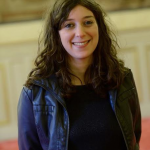
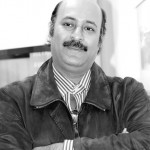 In a wonderful application of the skills of the students of the Journalism and Communications stream of the University of Mauritius, Blog me if you can! will follow the events of the 8th edition of Ile Courts Festival in real-time.
In a wonderful application of the skills of the students of the Journalism and Communications stream of the University of Mauritius, Blog me if you can! will follow the events of the 8th edition of Ile Courts Festival in real-time.
Enjoy your reading on the website of Koze!
www.koze.mu/festivalilecourts
Since the creation of Ile Courts Festival, it has been strongly defined by the workshops it hosts. Each year, the festival sets up a temporary film school, a place of learning, research and creation for young directors, actors, technicians and producers.
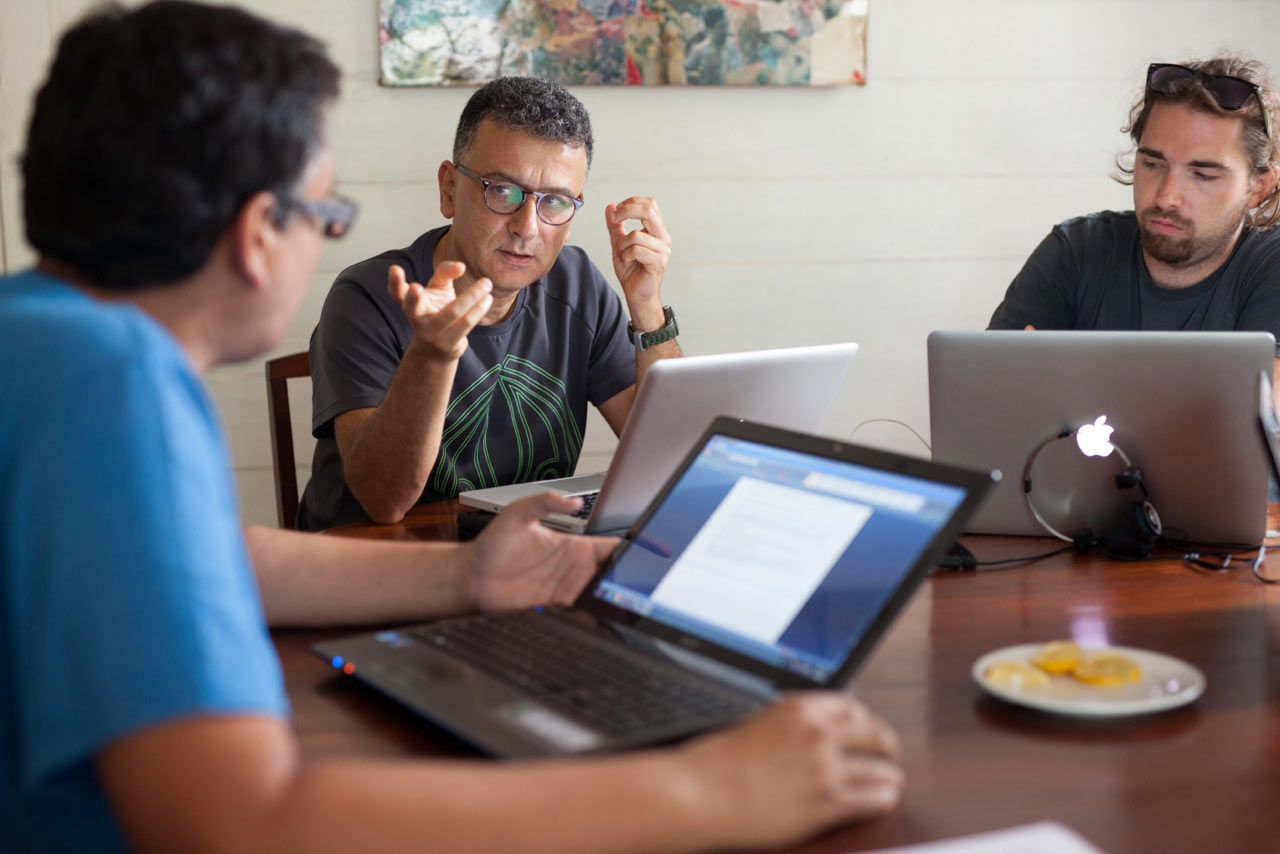
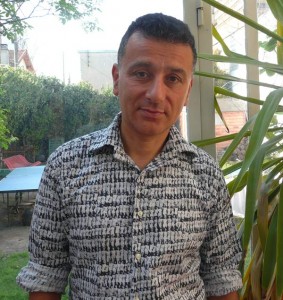
This scriptwriting workshop for short fiction films is the cornerstone of the festival. Under the patronnage of the French scriptwriter and director Renaud Cohen, the auteur-directors selected through an initial call-for-projects will work intensively on their film. This writing residency is the first step of the FILM FABRIK program.
FILM FABRIK is a support program for the writing and shooting of short films, set in place by the association Porteurs d’Images.
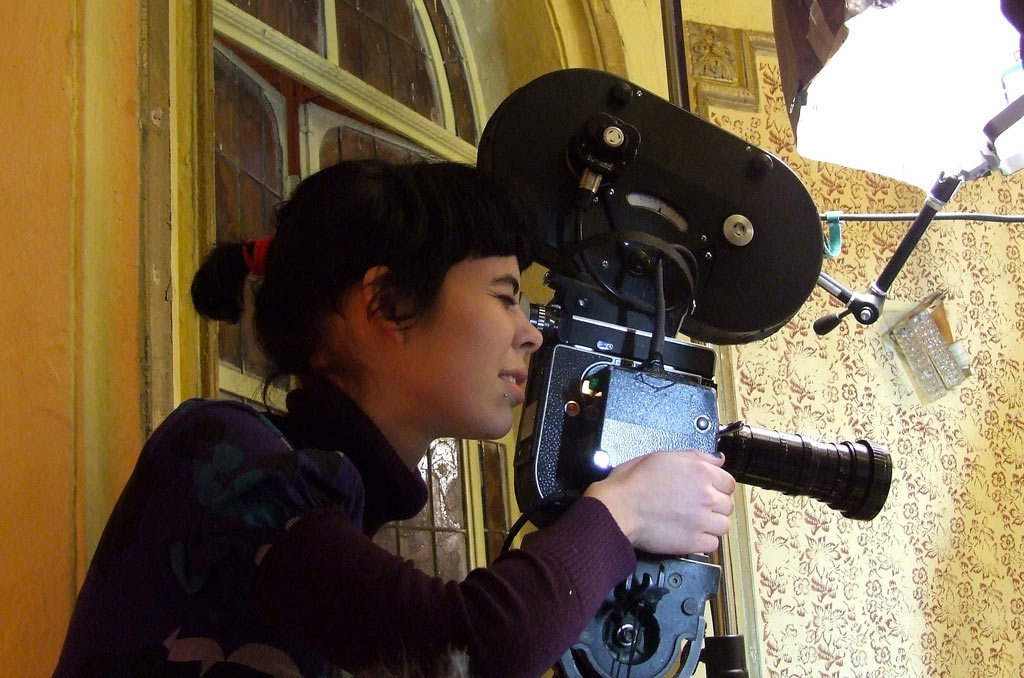
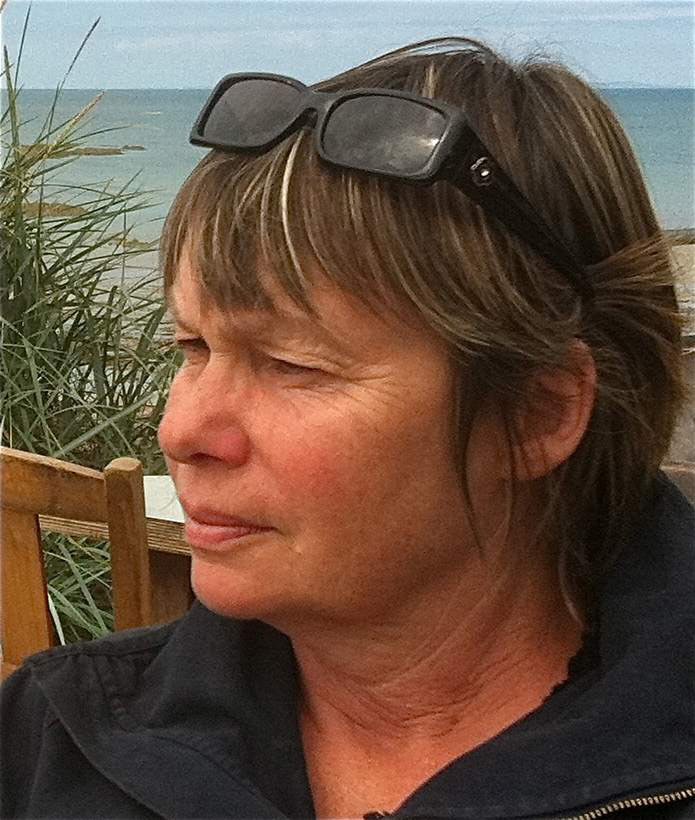
To cast one’s gaze on reality is at the heart of the artistic documentary. Under the guidance of Chantal Richard, the auteurs-directors in question will develop the script of their short documentary film. This writing residency is the first step of the FILM FABRIK program.
FILM FABRIK is a support program for the writing and shooting of short films, set in place by the association Porteurs d’Images.
The program unfolds itself in two phases
– PHASE 1 : Writing residency
– PHASE 2 : Shooting and production
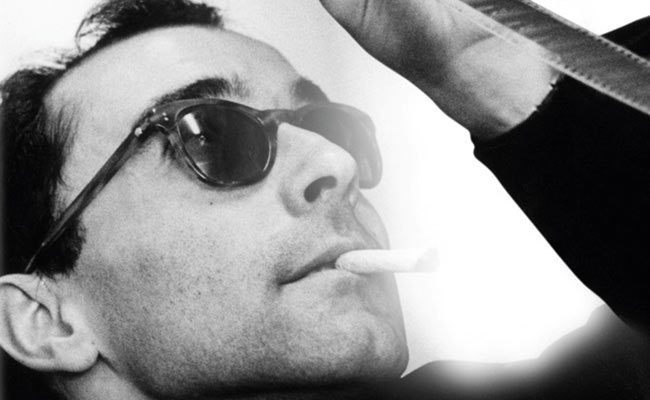
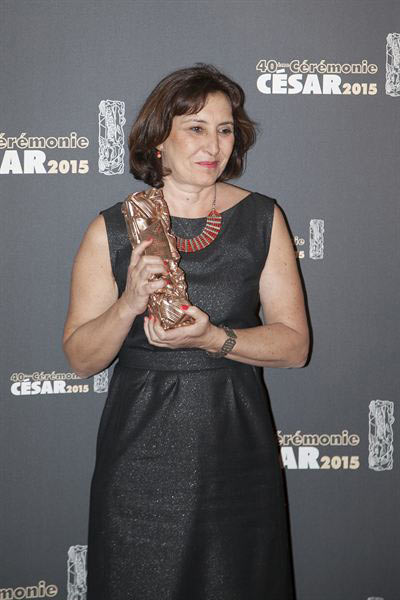
This minutious, largely invisible and highly intuitive work is a crucial phase in filmmaking. Indeed, editing is the last phase of writing the film, allowing it to take its final, global meaning. What’s the relationship between the director and the editing team? How to create intentional ruptures or the illusion of continuity? Our selected directors and editors will experiment will all these issues under the experienced eyes of Nadia Ben Rachid, Tunisian head-editor.
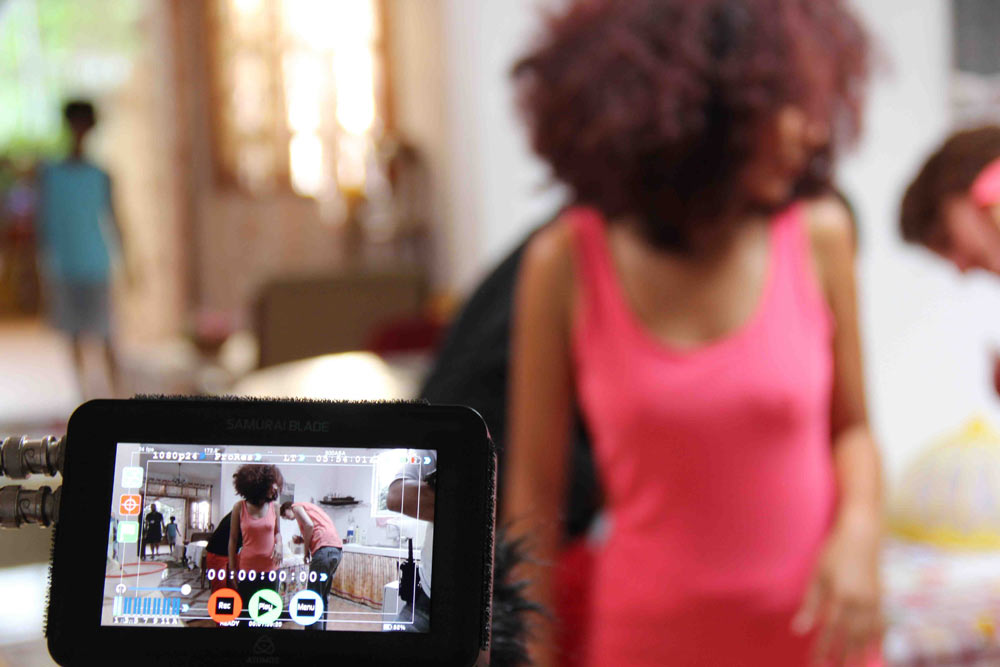
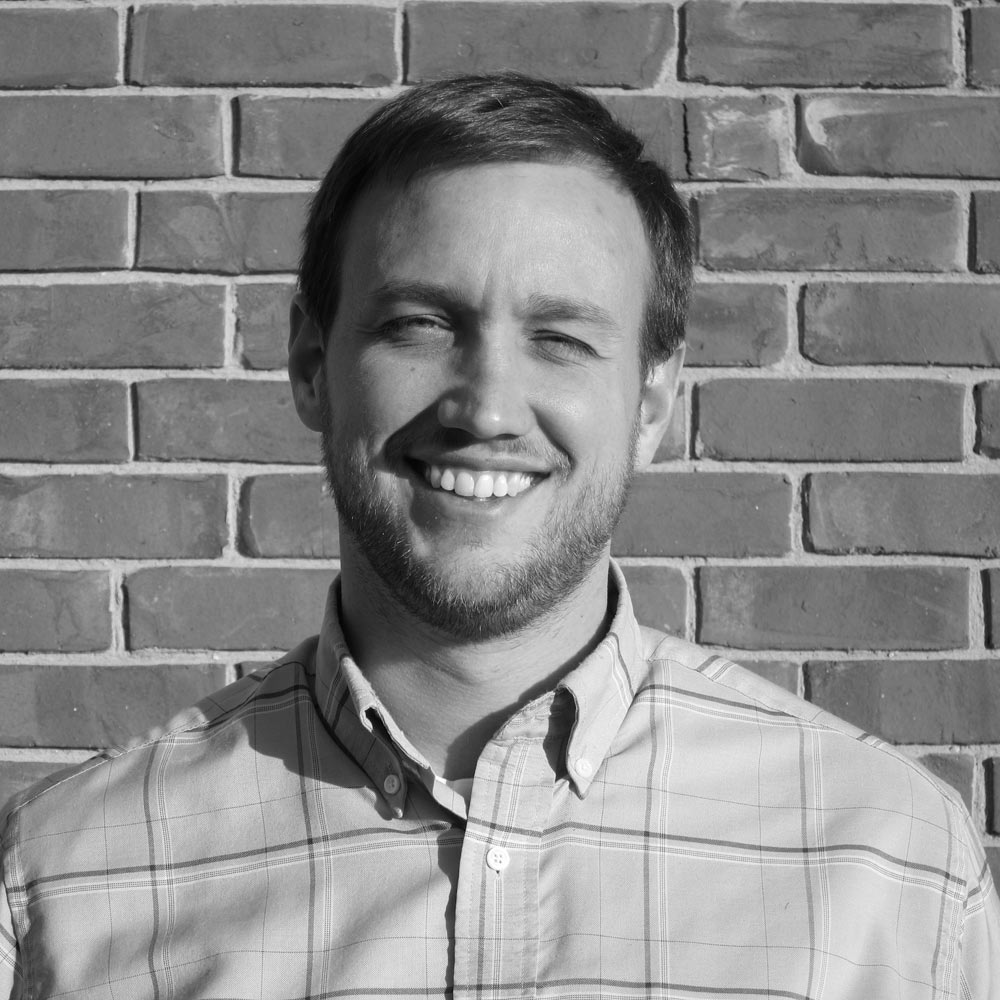
For the story to translate well onto the screen, a director has to master all the steps that lead from the script to the film: stripping down the screenplay, the découpage and composition, storyboarding, location scouting… All the processes that preclude shooting will be dealt with here.

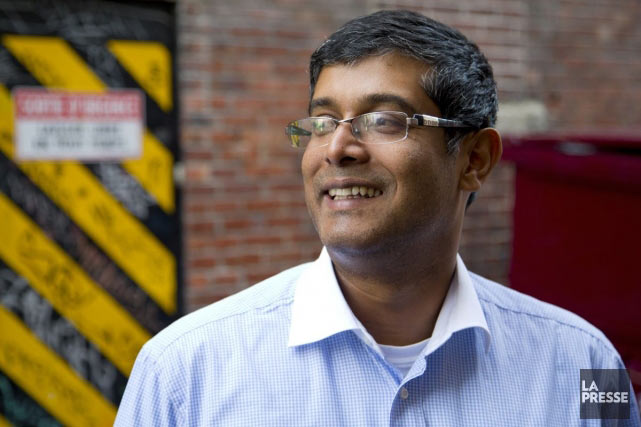
« It is important that alongside the blockbusters there are stories that can inspire and audiences can experience together in the cinema ».
Justin Chadwick
Let us dare to dream: one day, in our laudable concern to merge our touristic image with the development of our cultural sector, the Public-Private Partnership launches itself into the production of a Mauritian mega-blockbuster. Let’s say, that of an invasion of the island by a fleet of robotized sperm whales that have emerged from the depths of the oceans. Haunted as we are by a never-ending worry to accurately depict our cultural diversity, our scriptwriters (and, obviously, the final script is drawn by a committee) are careful enough to slip, in-between the necessary scenes of any self-respecting action movie (destruction of our mini-skyscrapers by revengeful crustaceans, crazy pursuit on the M1 highway amidst buses and camions banane, ect.)… three Bollywood-style musical numbers, two kung-fu fights and one sega song. Without forgetting to sprinkle the whole — for the touristic promotion side of things — with a good thirty minutes of sunsets and massage sessions in our 5-star spas. We’ve got to admit that these are all the necessary ingredients to concoct a masterpiece.
Pendant l’année 2015, Porteurs d’Images, l’association qui met en œuvre le Festival Île Courts, a beaucoup œuvré à la diffusion de la culture cinématographique. En particulier, elle a organisé 2 cycles de formation à l’éducation à l’image pour des enseignants et futurs enseignants de Maurice, et mis en chantier la création de fiches pédagogiques sur les courts métrages mauriciens, afin d’aider les enseignants qui souhaitent utiliser nos films dans leurs cours. Elle a également permis la diffusion en plein air de Lonbraz Kann, long métrage de David Constantin, dans les lieux où le film a été tourné. Enfin, elle a porté plusieurs projections de courts métrages en écoles ou à l’université.
Nevertheless — and against the protests of those who would rather see the above-described masterpiece— our association aims to reach a more modest, more intimate kind of cultural audience. We work for the promotion of an “inspiring” cinema, as notes Mr. Chadwick above, but also for the meeting of this cinema with its right audience. The support given by public authorities will be crucial for the survival — and flourishing — of such a cinema.
All through 2015, Porteurs d’Images — the association that makes the wheels of the Île Courts Festival turn — has worked towards the vulgarization of a film culture. To be more precise, it has organized two cycles of audiovisual education for the teachers and future teachers of this country. It has also created educational sheets about short Mauritian films that might be available to teachers who wish to integrate our films into their syllabi. It has also screened the feature-length work of David Constantin, Lonbraz Kann, in the open air, and what more, in the very places the film has been shot. Finally, it has screened multiple short films in high schools and the university.
It’s important for us to operate in such a way that Mauritian filmmakers don’t find themselves afflicted by that terrible curse of other artists of the island: to be more known and appreciated in foreign countries than locally.
Because Mauritian cinema is travelling to farther and farther horizons. And that’s exactly why a good deal of the patient work of our team of collaborators and volunteers is to weave links with the other festivals of the world. New films are born. With this spirit, the association Porteurs d’Images, which has produced more than thirty short Mauritian films since 2009, is proud to present, at the opening night of this year’s edition, three new films.
Little by little, all the elements necessary for the emergence of a Mauritian cinema industry are coming together. The skilled professionals in the local scene are starting to gain visibility: the festival will be, once more, the setting for scriptwriting, directing and technical workshops. It will, in addition, allow the youngest to live their first experiences of cinema side-by-side with the invited guests of the festival.
May this 8th edition of the Île Courts Festival spark up the desire in Mauritians to acquaint themselves with arthouse cinema, both that of our own country and others.
Amal Sewtohul
President
Porteurs d’Images Association
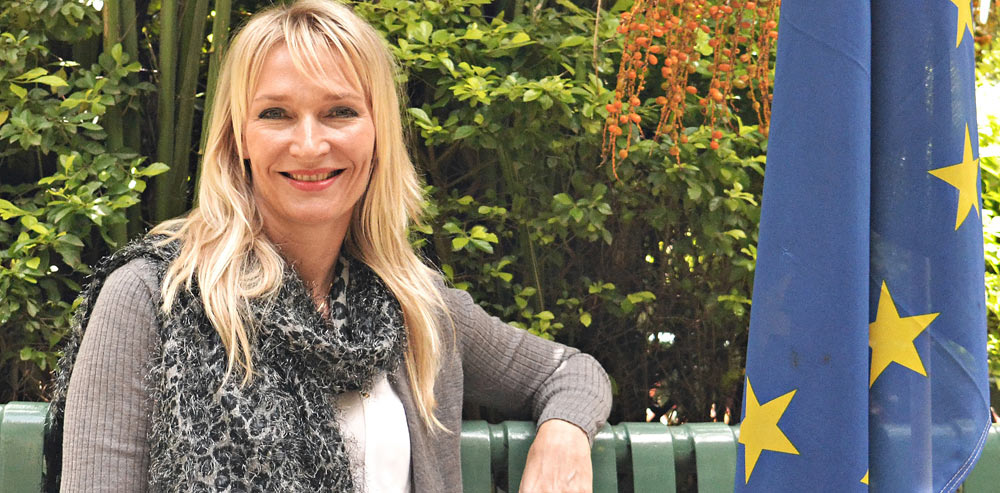
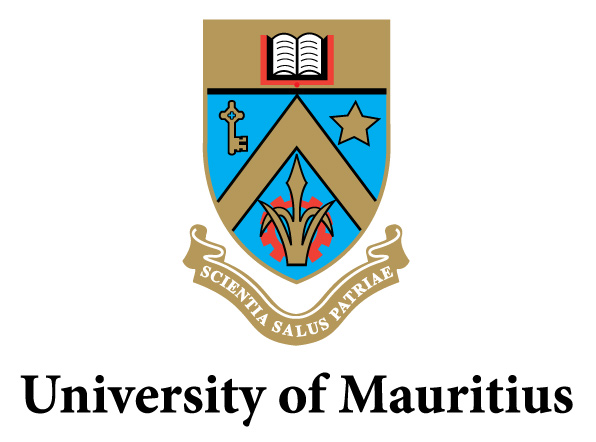
The masterclass, is an occasion for film professionals and aficionados to revolutionize their own ideas about cinema through a close encounter with a major filmmaker. For the Anglo-Nigerian director and producer Newton I. Aduaka, which the English daily The Independent, has ranked as one of the 50 greatest living African artists, the cinema is, above everything else, a shout to the world, a necessity, an act of transgression. His first transgressive step is, as he explains it, to have turned to independent cinema, one that allows him to have an intimate relationship with his actors as well as complete freedom in the way he directs his films. This way is shaped by his worldview, which makes for a very personal mixture of reality and fiction. During his stay in Mauritius, Newton I. Aduaka offers to share with us, in a warm and open manner, his vision of cinema.
« « My camera is tied to my characters’ emotions. It follows their movement. When it finds a sense of clarity and calmness, the camera stops. We all keep ourselves from dealing with reality by staying in motion ».
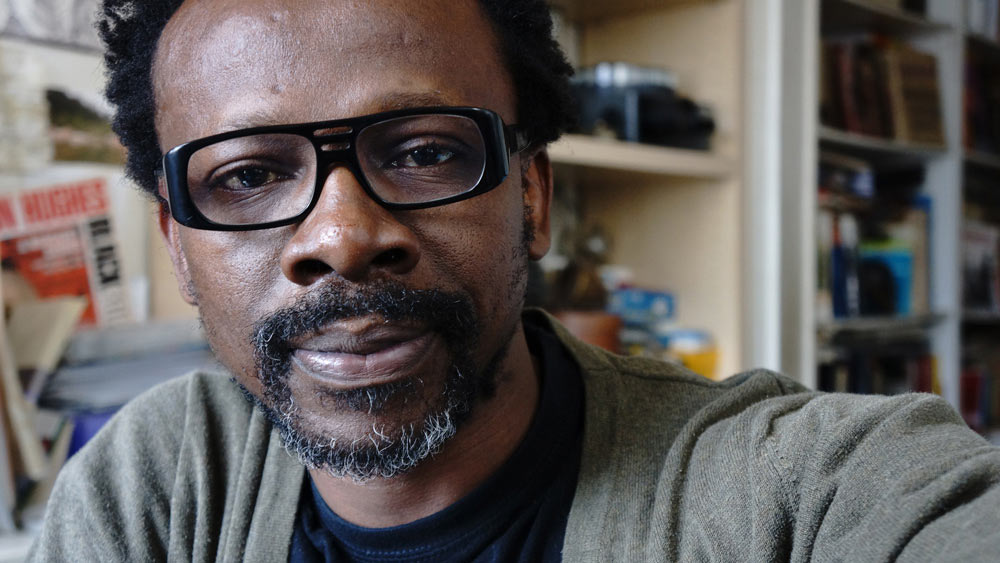 Born in 1966 in Ogidi, in eastern Nigeria. At the end of the Biafran Civil War in 1970, his family moves to Lagos. In 1985, he flies to England to study engineering but ends up discovering cinema there and getting admitted to the London International Film School, from where he graduates in 1990.
Born in 1966 in Ogidi, in eastern Nigeria. At the end of the Biafran Civil War in 1970, his family moves to Lagos. In 1985, he flies to England to study engineering but ends up discovering cinema there and getting admitted to the London International Film School, from where he graduates in 1990.
Seven years later, he founds Granite Filmworks, the British branch of Granit Films. The same year, he writes, directs and produces the award-winning short film On The Edge, and this is followed by his first feature-length work, Rage.
In 2001, Rage. is the first completely independent film of British cinema history directed by a black filmmaker to be released on a national scale, and it receives very positive critical feedback. The same year, selected as resident artist of Cannes’ Cinéfondation, Newton Aduaka moves to Paris.
Between 2004 and 2010, Global Dialogue solicits four short films from Aduaka to raise awareness about AIDs prevention. These films are translated into numerous languages and used as pedagogical tools throughout the world.
With Ezra in 2007, Newton I. Aduaka wins the Yennega Golden Stallion at the FESPACO, the highest honour for an African filmmaker. The premiere of Ezra is hosted at the international section of the Sundance Festival. The film is also nominated for the Humanitas Prize and given a special screening at the International Film Critics’ Week in Cannes. Ezra has been selected in more than a hundred festivals throughout the world and has won more than 20 awards, including 6 major ones and that of the FIPRESCI. It has been named as one of the most peace-promoting films ever made, which has granted it the United Nations Prize for Peace and Tolerance.
In 2007, Aduaka is invited to host a masterclass at Cannes, and in 2008, the Berlin Film Festival asks him, as expert, to come participate in a debate about film aesthetics at the Berlin Talent Campus. He has also sat on multiple juries. In 2008 itself, he is invited to present a TED talk entitled “Africa: The Next Chapter” in Arusha, Tanzania.
One Man’s Show, his third feature film, was premiered at the FESPACO in 2013, where it won the critics’ award. The American premiere took place at the Mill Valley Festival.
The British daily The Independent has named Aduaka as one of the 50 greatest living African artists. He currently resides in Paris, where he has co-founded the production company Granit Films with Alain Gomis and Valérie Osouf.
Le Trailer du Festival Île Courts 2015 from social on Vimeo
Before watching the scheduled films, let’s unite musically around the Soundtracks, which will act as opening. True ambassador of long-forgotten music traditions, Lespri Ravann commits itself to the renaissance of traditional Mauritian music, as a reflection of our society, to the sound of the ravanne.
Before watching the films, let’s unite musically around the Sountracks, opening musical act to the screenings of Île Courts Festival. To the rhythm of African percussions, Bwa Maron wants its music to be, before anything else, one of sharing the incredible energy released by an army of drums.
© 2017 Porteurs d'Images |
Mentions légales |
Développé par Stubborn in Dreams & Sugarsplashes